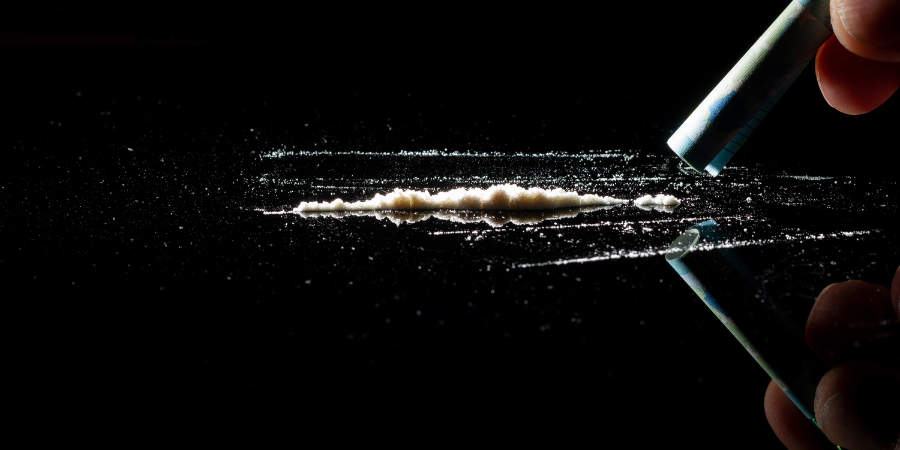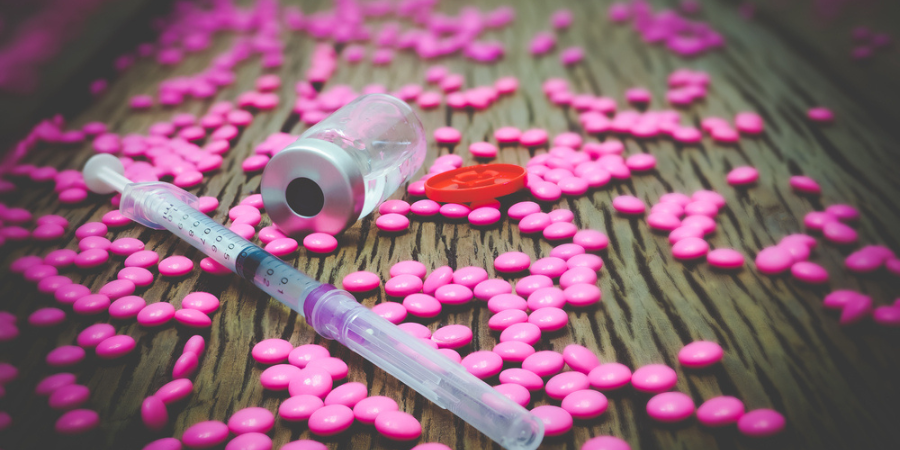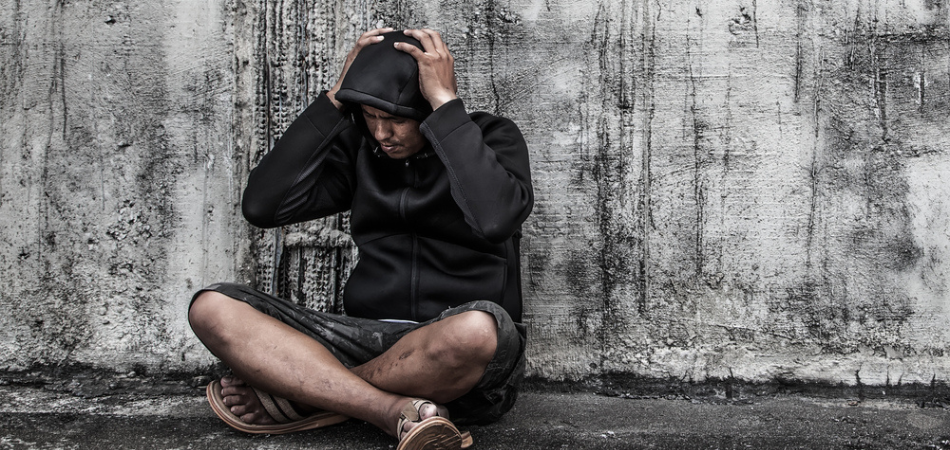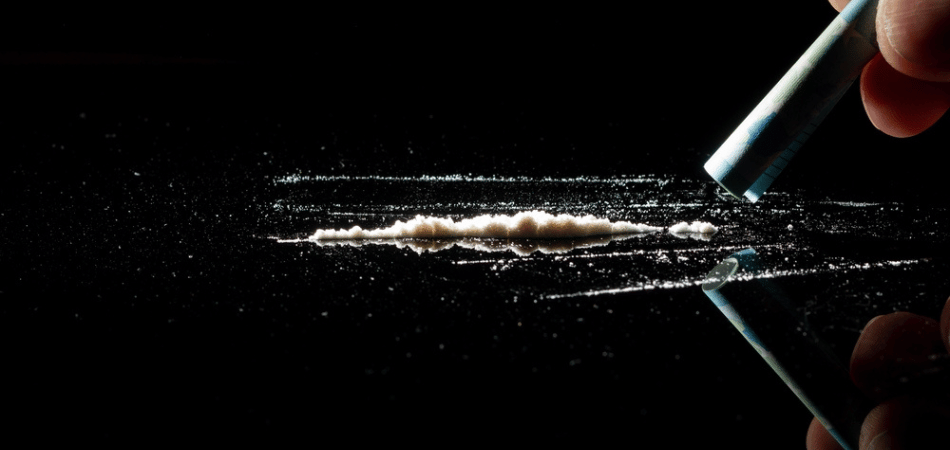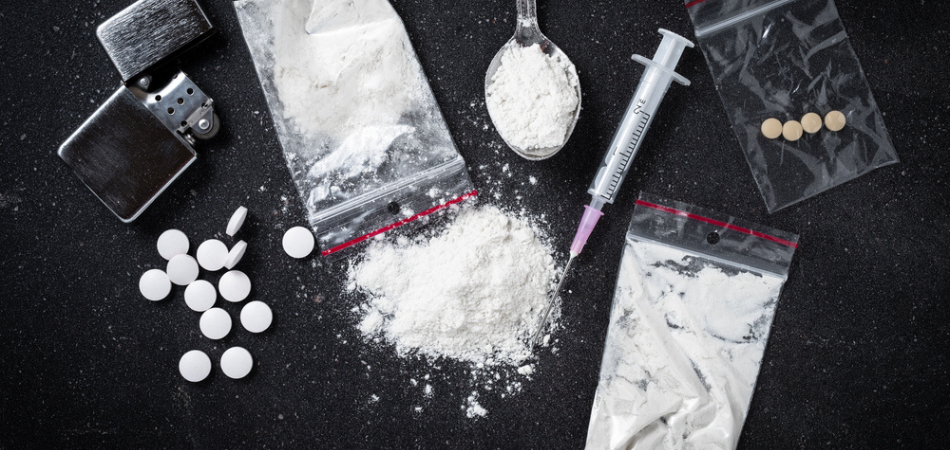
Written by:

Medically Reviewed by:
Last Updated:
October 9th, 2025
Cocaine rehab
Cocaine and crack cocaine addiction can take hold quickly, leaving individuals feeling trapped and unsure where to turn. The impact isn’t just physical; it affects mental health, relationships, and every part of daily life.
At UKAT, we understand the challenges you’re facing. Our inpatient cocaine rehab programmes across the UK combine expert therapists, medical support, and personalised care to help you reclaim control and build a life beyond addiction. Recovery is possible, and it starts with the right support.

What is cocaine rehab?
Cocaine rehab is a course of treatment that brings together medical care and therapy to help you stop using and start recovering. Successful cocaine addiction treatment programmes work in three connected stages:
- Cocaine detox to clear the drug from your system and get through the worst withdrawal symptoms and cravings
- Cocaine rehab therapy to explore the stresses, triggers, and choices behind cocaine use
- Aftercare and relapse prevention, so you can keep building recovery once you leave
Rather than having to navigate all this yourself, UKAT brings all of these phases together in one place so there’s no gap in care. Our inpatient cocaine rehab centres keep you safe, our medical staff help you through withdrawal, and our therapists work through the deeper grip cocaine has over your life.
You then leave with both a plan for managing cravings and comedowns and with a whole team of people beside you for whatever comes next.
Who needs cocaine rehab?
Cocaine rehab can help anybody who is struggling to cut down or stop, no matter how much they are currently using. However, it is especially useful for people who have been using cocaine heavily for years and who are already suffering badly from the effects of addiction.
Cocaine rehab is also important for people who mix cocaine with alcohol or other drugs, which increases both the risks and the hold cocaine addiction can have. In these cases, structured treatment is often the safest and most effective way to recover and to prevent any serious health problems.
Rehab for cocaine can also benefit people who feel their use is spiralling out of control, even if they’re still able to hold down work or family life on the surface. If this is you, it may seem like you are functioning just fine, but cocaine rehab gives you the chance to quit before things reach a crisis point.
In 2022–23, 23,529 adults in England were in treatment for powder cocaine alone, and many thousands more for multiple substance addictions. This is proof that there are people just like you who are facing the same battle as you and have already taken the first important step. If you’re unsure whether cocaine rehab is right for you, contact UKAT and we can guide you in the right direction.
Why is effective cocaine addiction treatment necessary?
Cocaine can cause huge physical damage, including heart problems, high blood pressure, nasal issues, and even sudden cardiac arrest. It can also leave you stuck in a constant cycle of anxiety, depression, and paranoia, with loved ones often helpless to intervene.
What makes this crisis so urgent is the sheer scale of deaths. Between 2019 and 2023, more than 4,700 people in England and Wales died with cocaine or crack in their system, more than twice the number recorded in the previous five years. That is not just a statistic. Thousands of families are devastated by cocaine.
Part of the danger comes from how unpredictable cocaine is. In some places in Europe, the purity of cocaine was measured at between 52% and 83% in 2022, which can be too potent for your systems to handle. However, some UK street samples have been found to contain as little as 10% actual cocaine, with the rest made up of potentially harmful cutting agents or even more dangerous drugs like fentanyl.
Cocaine rehab removes you from those dangers, gives you medical care through withdrawal, and helps you tackle the stress and triggers that keep you using.
Do I need cocaine rehab?
Cocaine use can quickly go from a social habit to an all-consuming addiction before you even realise what is happening. To see if you may already need help, ask yourself:
- Do you constantly think about cocaine when you’re not using?
- Do you need larger amounts of cocaine to feel the same buzz you once got from less?
- Have you had health scares like chest pain, panic attacks, or paranoia when using cocaine?
- Are you avoiding you friends or family to hide your cocaine use?
- Have your work, studies, or relationships been damaged by cocaine?
- Do you feel out of control once you start and unable to stop?
- Is it becoming increasingly impossible to imagine life without cocaine?

If even a few of these ring true, treatment at a UKAT cocaine rehab centre can help stop these issues from spiralling further.
Private cocaine rehab vs. NHS cocaine rehab
Cocaine addiction often escalates quickly, so waiting for help can be dangerous. There are cocaine rehab NHS services available, but these tend to involve a weekly outpatient appointment or group session while you still live at home.
For people surrounded by the same friends, nightlife, or pressures that fuel cocaine use, that setup rarely gives enough protection. Long delays are also common, and while you wait, you will be at risk of an overdose or a serious personal issue.
Private cocaine rehab at a UKAT recovery centre takes you out of your environment and puts an immediate safety blanket around you. You will live on site, with no access to cocaine, and with a team of expert medical and support staff available day and night. Cravings, anxiety, and the comedowns that follow heavy cocaine use are managed in a safe setting, with constant support around you.
Life in private rehab is highly structured with daily therapy sessions, group work, balanced meals and downtime to help create healthy routines. That difference in setting is critical. Outpatient care can offer support, but inpatient cocaine rehab gives you the safety and focus needed to break the cycle and start building a life without drugs.
What therapies can you expect in cocaine rehab?
Therapy is at the core of cocaine rehab. Detox can clear the drug from your system, but therapy is what helps you understand why you kept using and how to stop it from taking over again. Many people enter rehab treatment feeling drained by cocaine cravings, anxiety, and the constant cycle of use and crash. Therapy gives you the chance to speak openly about all of this, often for the first time, so you can start to believe in a different future.
At UKAT centres, cocaine rehab therapy is carefully balanced to meet different needs. One-to-one counselling gives you time to explore your personal story, while group sessions help you connect with others who understand the pull of cocaine and other drugs.
Structured approaches such as CBT and DBT can help you break the link between your thoughts and addictive behaviours, while trauma therapy supports those who have past experiences driving their cocaine use.
Family therapy is also part of the programme. Cocaine use often strains trust, finances, and relationships at home, and guided sessions with your loved ones help to start repairing that damage. Alongside this, holistic therapies such as mindfulness, art, exercise, and relaxation techniques offer new ways to calm your mind and body.
Each UKAT centre has its own mix of therapies, so if you’d like to know more about what’s available, our team can guide you through the options.
How can you avoid relapsing after completing cocaine rehab?
Life after cocaine rehab can bring a whole host of challenges. Research shows that 40–60% of people in addiction recovery relapse, with cocaine cravings often coming back when stress or temptation appears. Even a single line can drag you right back into days or weeks of binges and growing dependency.
That is why relapse prevention is a key part of every UKAT cocaine rehab programme. During your time as a resident, your therapists will look carefully at what has triggered your cocaine use in the past. Identifying these situations and practising strategies for handling them means you’re less likely to be caught off guard later.
After treatment, all UKATs clients receive aftercare and a place in our Alumni network. These connections can often be what helps the most when cravings strike or you are going through a tough patch.
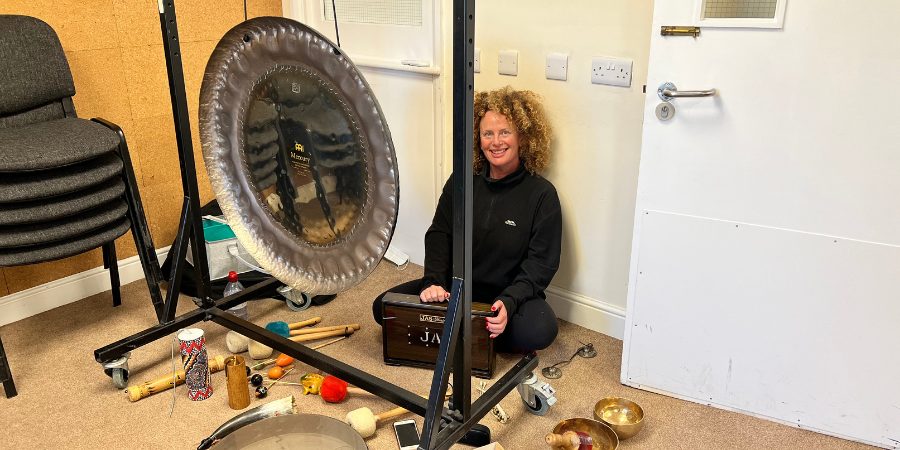
Why is effective cocaine addiction treatment necessary?
The most immediate benefit of cocaine rehab is knowing you’re safe. Cocaine can push your heart and body to breaking point, and there’s always the fear that the next line could be the last. In cocaine rehab, you’re surrounded by people who understand those risks and are there to keep you safe while you recover.
Physically, the changes can be seen very quickly. Healthy sleep becomes more natural, your appetite starts to return, and your body won’t be running on constant highs and crashes. You will have fewer nosebleeds, jitters, and less chest pain as your body begins to heal.
Mentally, rehab gives you space from the cycle of craving and crashing, so you can finally slow down and begin to clear your head. Therapy and support help ease the anxiety, paranoia, and depressive symptoms that cocaine brings, and you can start to remember who you really are.
Cocaine rehab also eases the strain on the people around you. Cocaine damages trust and creates huge conflict with your loved ones, but in a safe environment, you and your family can start to rebuild. Family therapy offers space for difficult conversations and for hope to come back into the picture.
Finally, cocaine rehab helps you keep out of harm’s way legally. With cocaine possession carrying up to seven years in prison and selling cocaine resulting in a life sentence, rehab can help lift the shadow hanging over your head.
How to find cocaine addiction treatment near me?
Every line of cocaine carries real danger, from strokes and seizures to the mental crash that follows. At UKAT, our cocaine rehab centres give you the chance to break free in a safe and structured environment, as well as continue to stay in recovery long-term with our treatment pathway. With medical supervision, a comprehensive suite of therapy, and invaluable aftercare services, we give you the best chance at lasting recovery. Don’t delay, contact us today before cocaine takes any more from you.



